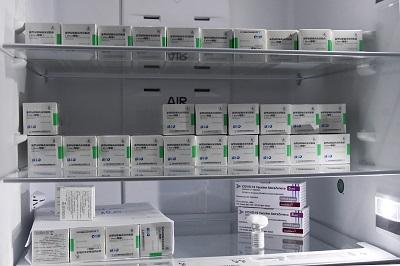|
|
23 November 2022 - HERA signs joint procurement contract for almost 3.5 million COVID-19 treatment coursesThe Commission's Health Preparedness and Response Authority (HERA) has signed a joint procurement Framework Contract for the supply of Paxlovid, a treatment for patients with COVID-19 at risk of developing severe disease. The contract is signed with the pharmaceutical company Pfizer and will run for an initial period of 12 months.13 EU and EEA Member States and EU candidate countries are participating in the procurement. |
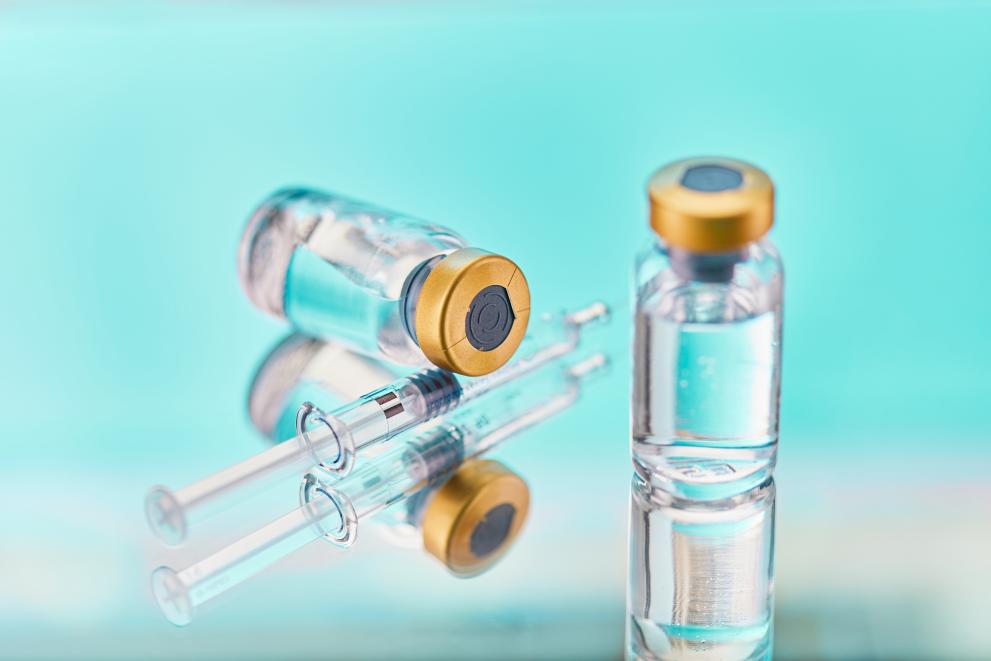 |
11 November 2022 – The Commission authorises safe and effective vaccine developed by Sanofi and GSKThe Commission granted a marketing authorisation for VidPrevtyn Beta, the protein-based COVID19 vaccine developed by Sanofi and GSK. This authorisation covers the use of the vaccine as a booster dose for adults following primary vaccination with another COVID-19 vaccine. The authorisation follows a positive scientific recommendation from the European Medicines Agency based on a thorough assessment of the safety, effectiveness, and quality of the vaccine, and is endorsed by the Member States. The Commission and Member States negotiated an Advance Purchase Agreement with Sanofi and GSK which entered into force on 18 September 2020, which gives the EU Member States the option to purchase up to 300 million doses if they wish to. |
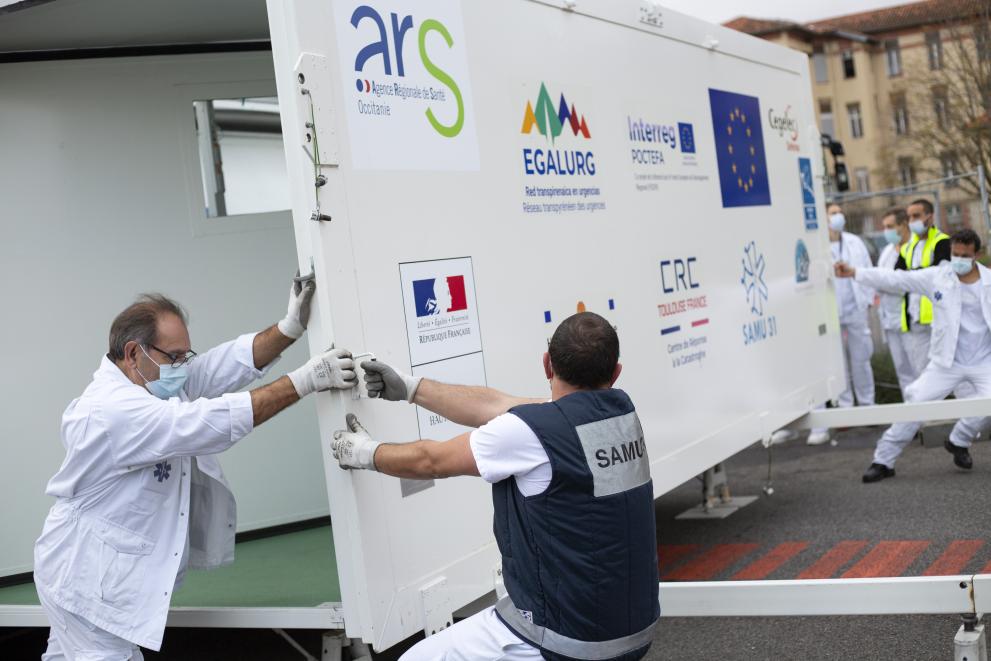 |
24 October 2022 - Building a stronger European health unionToday, the Council has adopted the regulation on serious cross-border health threats, extended the mandate of the European Centre for Disease Prevention and Control, and strengthened the European Health Emergency Preparedness and Response Authority. These new rules improve the EU's capacity in the areas of prevention, preparedness, surveillance, risk assessment, early warning, and response. |
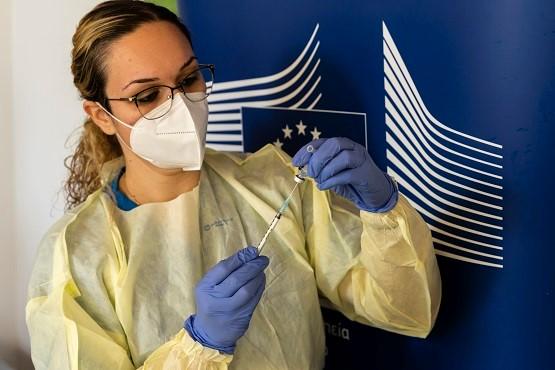 |
13 September 2022 - Team Europe has delivered €47.7 billion to help its partner countriesSince the outbreak of the COVID-19 pandemic the EU, EU Member States and European financial institutions, as Team Europe, have so far disbursed €47.7 billion to support 140 partner countries. €3 billion were allocated for emergency response to humanitarian needs, €10.6 billion to strengthen health, water and sanitation systems, and €34.1 billion to mitigate the social and economic consequences of the pandemic, including job loss and education. |
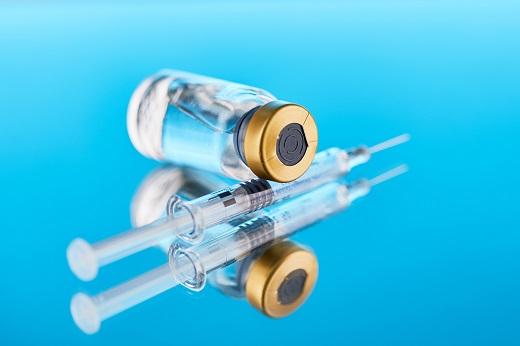 |
2 August 2022 – The Commission signs contract with the company HIPRA for vaccines against COVID-19The Commission has signed a joint procurement framework contract with the company HIPRA HUMAN HEALTH for the supply of their vaccine against COVID-19. 14 Member States and countries are participating in this joint procurement, under which they can purchase up to 250 million doses. The vaccine from HIPRA is currently under rolling review by the European Medicines Agency. If the vaccine receives a marketing authorisation, the participating countries will be able to purchase the vaccine through the framework contract. |
 |
16 June 2022 – The European Commission welcomes the new stronger and more comprehensive Code of Practice on DisinformationThe strengthened Code of Practise on Disinformation aims to address the shortcomings of the previous Code, with stronger and more granular commitments and measures, which build on the operational lessons learned in the past years. The 34 signatories, including platforms, tech companies and civil society followed the 2021 Commission Guidance and took into account the lessons from the COVID-19 crisis and Russia's war of aggression in Ukraine. The 34 signatories include major online platforms, notably Meta, Google, Twitter, TikTok, and Microsoft, as well as a variety of other players like smaller or specialised platforms, the online ad industry, ad-tech companies, fact-checkers, civil society or that offer specific expertise and solutions to fight disinformation. |
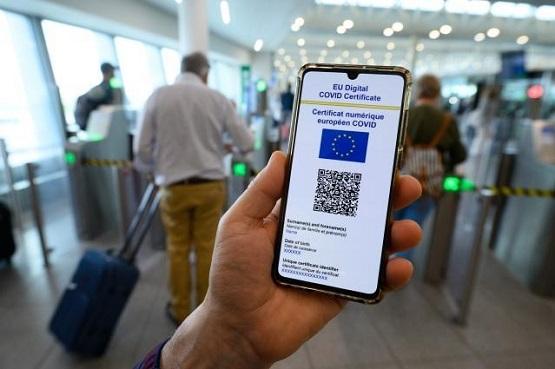 |
13 June 2022 – Provisional agreement on prolonging the use of the EU digital COVID CertificateThe European Parliament and the Council have reached a provisional agreement to extend the regulation establishing the EU Digital COVID Certificate by one year, until 30 June 2023. The extension of the regulation will ensure that EU travellers as well as those from third countries can continue to use their EU Digital COVID certificate for travel within the EU. The European Parliament and the Council will need to formally adopt the political agreement. If the health situation allows, the regulation can be repealed earlier. |
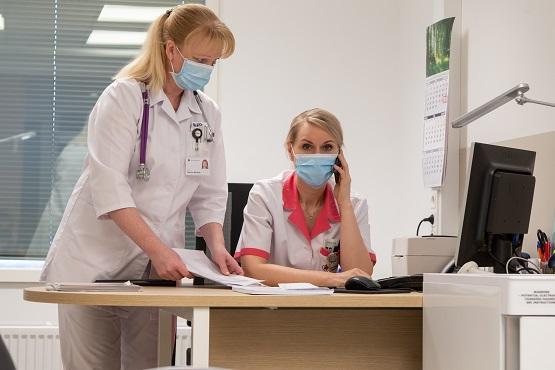 |
27 April 2022 – The Commission calls on Member States to step up preparedness for the next phase of the pandemicTo protect public health, whilst keeping our society and economy open and resilient, the Commission is proposing new actions to manage the current phase of the COVID-19 pandemic and prepare for the next one. The Commission invites Member States to step up vaccination, set up better monitoring systems, continue testing and sequencing, invest into the recovery of healthcare systems, better coordinate travel rules, and support the development of the next generation of vaccines and therapeutics. |
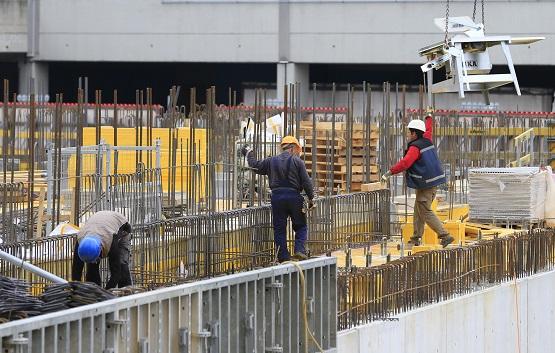 |
24 March 2022 – Third SURE report shows success in protecting jobs and supporting the recoveryThe Commission has published the third bi-annual report on SURE, the €100 billion instrument to protect jobs and support the economy during the pandemic. SURE supported around 31 million people and 2.5 million businesses across the EU in 2020 across the beneficiary Member States, and continued to support help employment during the recovery in 2021, assisting approximately 3 million people and over 400,000 firms. A total of €94.4 billion of financial assistance to 19 Member States has so far been proposed by the Commission and granted by the Council, of which almost €90 billion has been disbursed. SURE can still provide €5.6 billion of financial assistance to Member States. |
 |
21 March 2022 – Tackling fraudulent Digital COVID Certificates with new revocation featureThe Commission adopted an EU mechanism allowing for the possible revocation of fraudulent or erroneous EU Digital COVID Certificates. Once a certificate is revoked in one Member State, it will appear invalid in other Member States as well. As over 1.7 billion certificates have been issued since July 2021, EU Digital COVID Certificates have sometimes become a target for fraud. This new feature is important in helping strengthen the security and trust in the EU Digital COVID Certificate system. While several Member States have already deployed revocation systems at national level, the new system at EU level will allow the secure and efficient revocation cross-border via the EU Gateway.
|
 |
22 February 2022 – Council updates recommendation on non-essential travel from non-EU countries to the European UnionUnder the updated recommendation, which will start applying on 1 March 2022, EU countries should re-open travel to the EU for persons vaccinated with an EU- or WHO-approved vaccine. Vaccinated travellers will need to have received the last dose of the primary vaccination series at least 14 days and no more than 270 days before arrival or have received an additional booster dose. Children over 6 and under 18 who fulfil the conditions set out for adults should be allowed to travel. Travellers who recovered within 180 days prior to travelling to the EU should be able to travel if they can prove their recovery with an EU Digital COVID Certificate or a non-EU certificate deemed equivalent. Member States could require additional measures for such travellers. The Commission will review the recommendation by 30 April 2022 with a view of fully moving to a person-based approach.
|
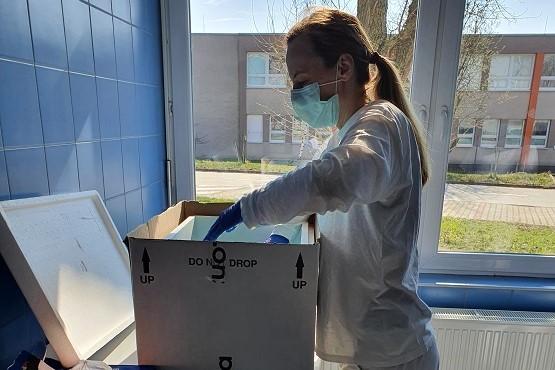 |
10 February 2022 - HERA launches first €1.3 billion work plan for preparedness and response to health emergenciesThe new European Health Emergency Preparedness and Response Authority (HERA) has presented its first work plan. With a budget of €1.3 billion in 2022, HERA can now start implementing actions to strengthen preparedness and response capabilities within the EU, address vulnerabilities and strategic dependencies and contribute to reinforcing the global health emergency architecture. As a key pillar of a strong European Health Union, HERA has set out a number of ambitious deliverables for 2022, both in the context of the ongoing COVID-19 response, and for preparedness for potential future health threats.
|
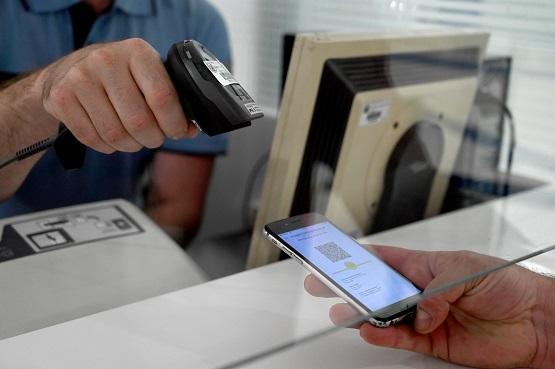 |
3 February 2022 – The Commission proposes to extend the EU Digital COVID Certificate system until 30 June 2023The Commission has proposed to extend the EU Digital COVID Certificate system by a year, until 30 June 2023. This is to ensure that travellers can continue using the certificate when travelling within the EU, in case public health measures are maintained by EU countries. In addition to the extension, the Commission also proposed amendments: to include high-quality laboratory antigen tests for the issuance of certificates, ensuring that certificates contain the correct number of doses administered within the EU, and the provision of certificates to persons participating in clinical COVID-19 vaccine trials. The domestic uses of EU Digital COVID Certificates remains a matter for Member States to decide on. |
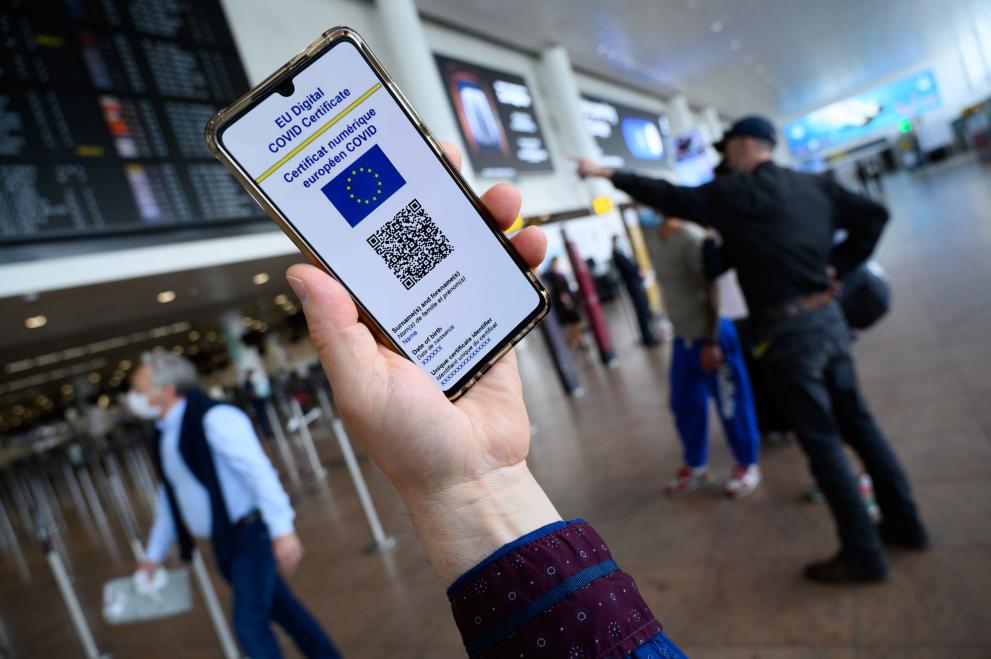 |
1 February 2022 – Travel in the EU: 270-day acceptance period for vaccination certificates beginsThe new rules on a standard acceptance period of 270 days for EU Digital COVID vaccination certificates used for travel within the EU start applying as of today. The standard acceptance period does not apply to certificates for booster doses. EU countries must accept vaccination certificates for a period of 270 days since the completion of the primary vaccination series. Member States should not provide for a different acceptance period for the purposes of travel within the EU, but may apply different rules when using the EU Digital COVID Certificate in a domestic context. |
 |
19 January 2022 – The Commission completes EU Solidarity Fund payments to tackle the coronavirusThe Commission has completed the payments of the EU Solidarity Fund assistance to 19 countries, for a total amount of almost €385.5 million to tackle the coronavirus. This sum comes in addition to the €132.7 million paid in 2020 to Member States who requested advance payments. So far 17 Member States and 3 accession countries have requested EU Solidarity Fund support to cover the costs of medical assistance, the purchase and administration of vaccines, protective equipment and medical devices, laboratory analyses, public emergency support and preventive measures and monitoring and control of the spreading of the coronavirus. |

